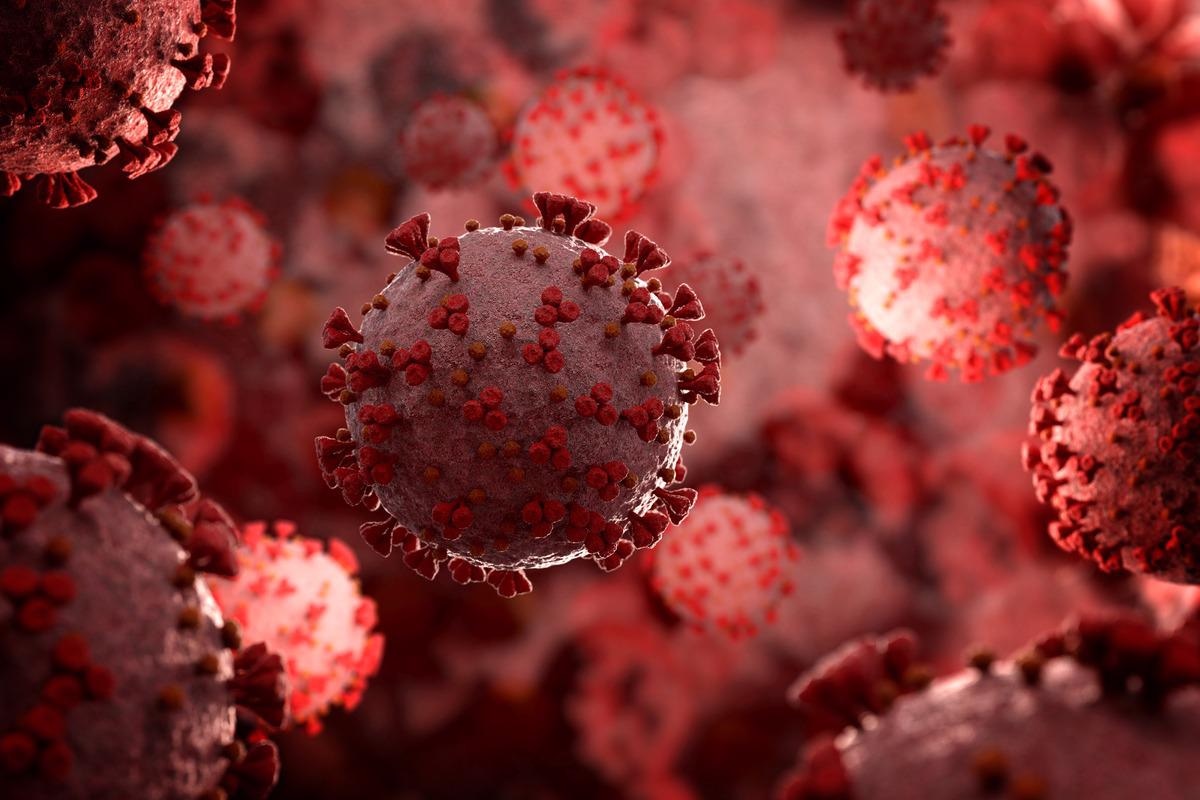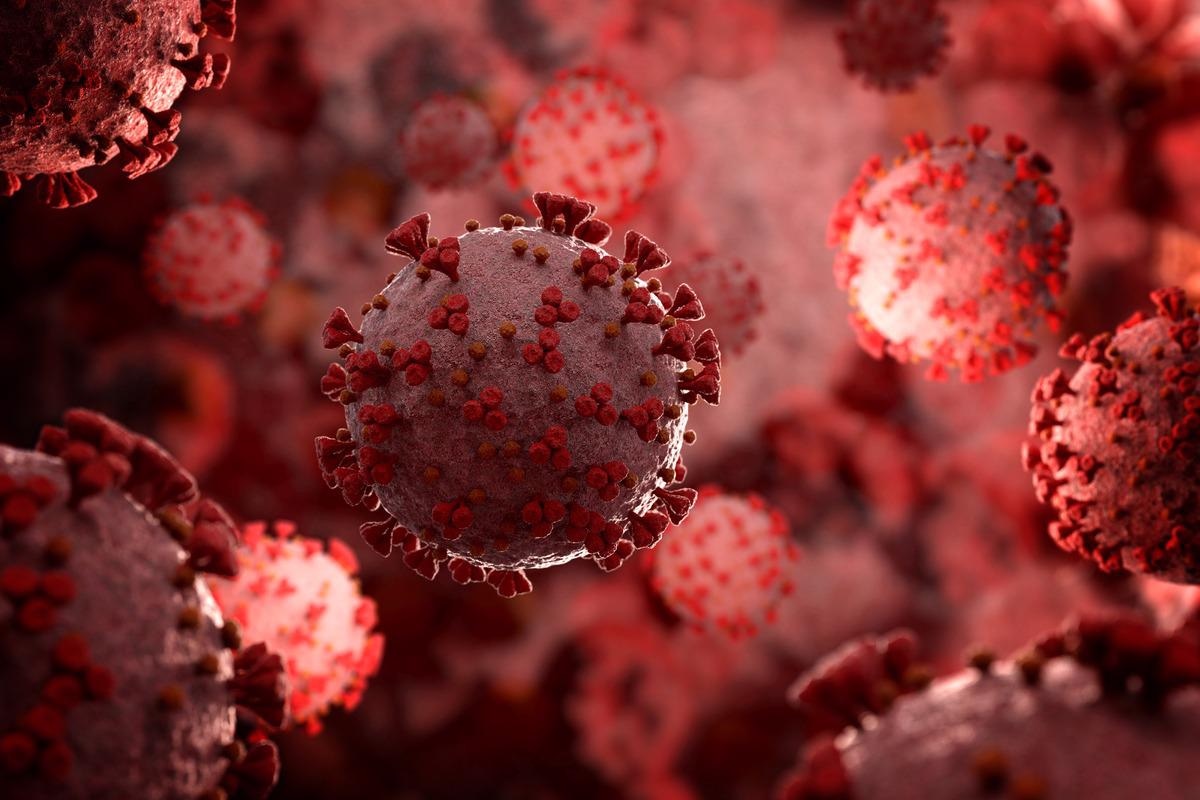A recent article published in Science Translational Medicine demonstrated that mucosally delivered adenovirus type 5 (Ad5)-based coronavirus disease 2019 (COVID-19) vaccination minimized COVID-19 transmission and severity.

Background
The currently approved intramuscular (IM) severe acute respiratory syndrome coronavirus 2 (SARS-CoV-2) vaccinations for clinical use can protect vaccinees from COVID-19-related hospitalization, symptomatic illness, and mortality. They do not, however, totally protect against SARS-CoV-2 infection.
Besides, messenger ribonucleic acid (mRNA) vaccinated individuals with COVID-19 linked with the SARS-CoV-2 Delta (B.1.617.2) as well as Omicron (B.1.1.529) variants could shed infectious virus and viral RNA, possibly spreading SARS-CoV-2 to others. Hence, transmission-blocking techniques are required to restrict the spread of SARS-CoV-2 while also protecting against COVID-19.
Prior studies indicated that because the mucosal layer of the upper respiratory tract (URT) is the first location of SARS-CoV-2 replication and infection, therapies that produce strong mucosal immunity might have the utmost influence on attenuating the SARS-CoV-2 transmission. The authors of the present investigation previously developed an orally administered Ad5-vectored SARS-CoV-2 vaccine option that expresses the viral spike (S) protein (r-Ad-S). Available reports showed that this shelf-stable, replication-defective oral r-Ad-S COVID-19 vaccine candidate induced both mucosal and systemic immunity.
About the study
In the present study, the researchers employed unidirectional airflow chambers and a hamster infection model to investigate the possible influence of oral SARS-CoV-2 r-Ad-S vaccination on COVID-19 transmission to naive people.
The researchers used IM SARS-CoV-2 S protein, oral phosphate-buffered saline (PBS), and intranasal (IN) r-Ad-S as protein, mock, and mucosal stimulation controls, respectively, when they vaccinated index hamsters using oral r-Ad-S. Further, they inoculated a high SARS-CoV-2 titer intranasally in vaccinated hamsters to replicate a post-vaccination COVID-19. One day following the viral challenge, index hamsters were put in a compartment with vaccine-naïve hamsters that facilitated airborne movement, yet no fomite or direct contact transmission.
The authors reported the virological and clinical responses of both the naïve (SARS-CoV-2 exposed) and vaccinated (SARS-CoV-2-infected) hamsters. Besides, they presented mucosal antibody details from subjects from a phase I clinical study (NCT04563702) utilizing the same platform expressing the SARS-CoV-2 S and nucleocapsid proteins (NPs).
Results and discussions
According to the study results, oral r-Ad-S vaccination decreased COVID-19 and SARS-CoV-2 transmission in a hamster model. Moreover, the scientists stated that it could elicit CoV cross-reactive, S protein-specific immunoglobulin A (IgA) in the human mouth and nose.
The team reported potent anti-SARS-CoV-2 S protein IgG responses after IN and oral r-Ad-S vaccination, as earlier shown in another oral r-Ad-S hamster trial. Furthermore, enhanced IgA was detected in the bronchoalveolar lavage (BAL) fluid and serum of mucosally vaccinated animals. During an eight-hour airborne exposure period, mucosally vaccinated animals with COVID-19 exhibited decreased airborne SARS-CoV-2 transmission to naïve animals. This was determined by lower nasal swab SARS-CoV-2 RNA titers in naïve animals one and three days following transmission exposure to IN/oral r-Ad-S-immunized hamsters versus control exposed animals.
The authors hypothesized that mucosal antibodies in the URT could boost SARS-CoV-2 clearance in vaccinated animals, thus decreasing the infectiousness capacity of transmitted aerosols. Supporting this theory, anti-S protein IgA levels in the BAL fluid of IN and oral r-Ad-S vaccinated animals were higher than in mock- or IM protein-vaccinated animals. These findings indicated that SARS-CoV-2 transmission from vaccinated to non-vaccinated animals might be reduced by mucosal vaccination.
Additionally, the team showed serum IgG from all immunized hamsters bound to S protein of both the SARS-CoV-2 Delta and Beta variants of concern (VOCs). This indicated that mucosal immunization might result in cross-protective antibodies against novel SARS-CoV-2 VOCs.
The researchers presented data showing that immunization with the VXA-COV2-1 oral tablet S and NP vaccine resulted in substantial anti-S protein IgA in saliva and nasal swabs in a subgroup of people, which bonded to the S proteins of various CoVs. This included the four endemic human CoVs (HKU1, NL63, 229E, and OC43) and several pathogenic CoVs (SARS-CoV-1 and Middle East respiratory syndrome CoV (MERS-CoV)). Compared to systemic IgG antibodies, mucosal immunization against SARS-CoV-2 might generate IgA antibodies at the mucosal surface with enhanced cross-reactivity to CoVs.
Conclusions
The study findings showed that hamsters given an IN or oral r-Ad-S COVID-19 vaccine developed cross-reactive and robust antibody responses. Following the SARS-CoV-2 challenge, IN or oral-vaccinated hamsters exhibited a lower infectious virus and viral RNA in the lungs/nose. They also demonstrated less lung pathology than mock-vaccinated hamsters.
Naïve hamsters subjected to mucosally vaccinated hamsters with SARS-CoV-2 infection in a unidirectional airflow chamber had fewer clinical symptoms and reduced viral RNA in nasal swabs relative to control animals. These inferences implied that viral transmission via the mucosal route was decreased.
In addition, the authors reported that in one phase I clinical study, the same platform expressing the SARS-CoV-2 S and NP evoked mucosal cross-reactive SARS-CoV-2-selective IgA responses. Overall, the present study demonstrated that mucosal vaccination was a promising method for reducing the airborne transmission of SARS-CoV-2 and COVID-19.
- S. N. Langel et al., Adenovirus type 5 SARS-CoV-2 vaccines delivered orally or intranasally reduced disease severity and transmission in a hamster model. Sci. Transl. Med. doi: 10.1126/scitranslmed.abn6868 https://www.science.org/doi/10.1126/scitranslmed.abn6868
Posted in: Medical Science News | Medical Research News | Disease/Infection News
Tags: Adenovirus, Antibodies, Antibody, Coronavirus, Coronavirus Disease COVID-19, covid-19, immunity, Immunization, Immunoglobulin, Lungs, Medicine, MERS-CoV, Mortality, Omicron, Pathology, Protein, Respiratory, Ribonucleic Acid, RNA, SARS, SARS-CoV-2, Severe Acute Respiratory, Severe Acute Respiratory Syndrome, Syndrome, Vaccine, Virus

Written by
Shanet Susan Alex
Shanet Susan Alex, a medical writer, based in Kerala, India, is a Doctor of Pharmacy graduate from Kerala University of Health Sciences. Her academic background is in clinical pharmacy and research, and she is passionate about medical writing. Shanet has published papers in the International Journal of Medical Science and Current Research (IJMSCR), the International Journal of Pharmacy (IJP), and the International Journal of Medical Science and Applied Research (IJMSAR). Apart from work, she enjoys listening to music and watching movies.
Source: Read Full Article
